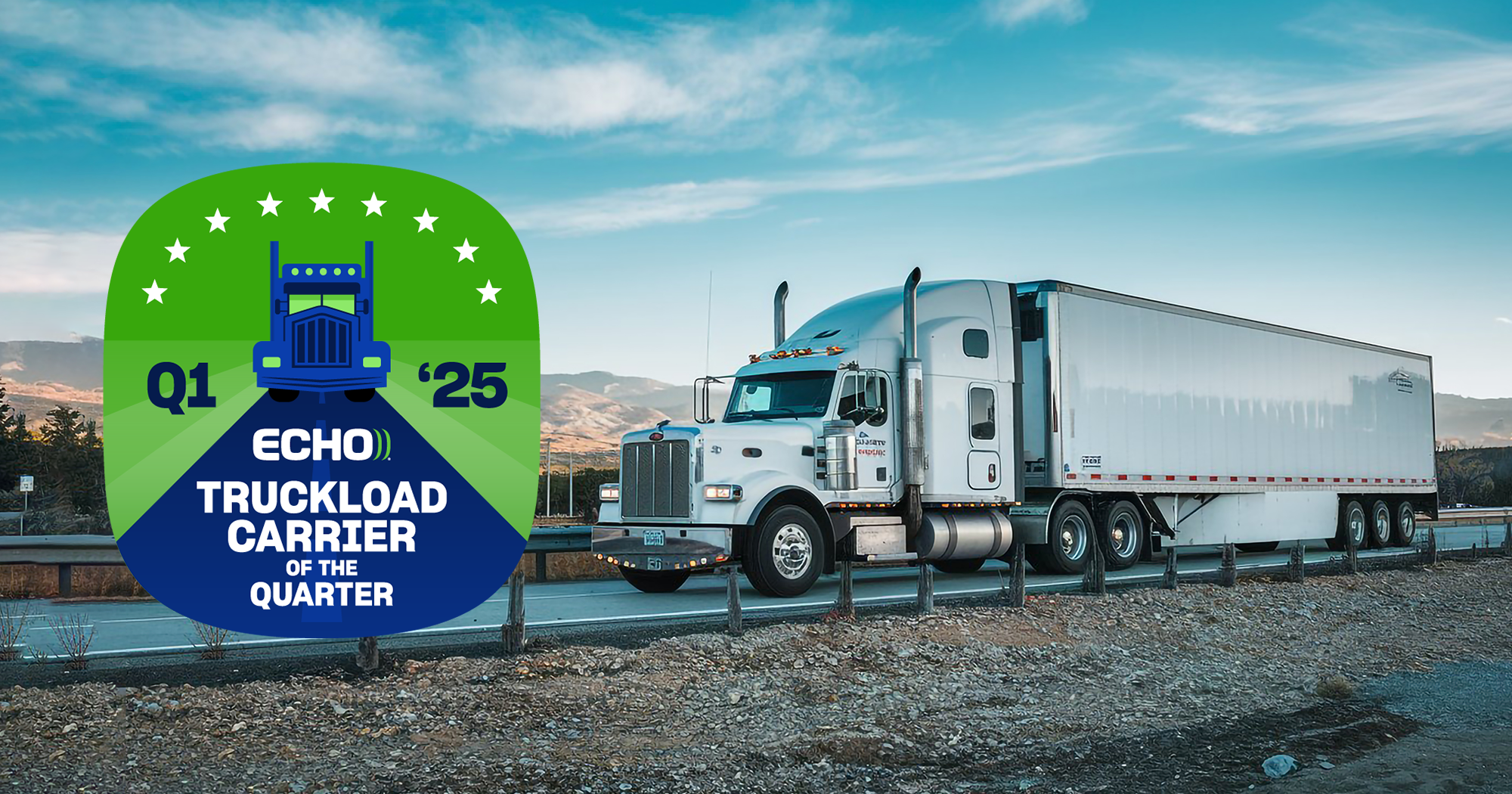Like any industry, transportation and logistics have their own terminology and acronyms. A few you’ve probably heard include drayage, bill of lading, deadhead, reefer, and assessorial. In order to keep up, newcomers must quickly learn the practical meaning of these terms, but few people stop to consider their origin and relevance. As a nod to the long and noble history of our trade, here are some full-fledged, word-nerd insights.
Drayage
In the modern context, drayage typically refers to a service that moves freight between a pickup location and an intermodal ramp. The root of the word is “dray,” which refers to a horse cart with low or no sides. These horse carts were used by draymen to shuttle goods between ships at port and railroads or other forms of inland transportation. Furthermore, because of the carts’ sturdy construction, they became associated with the ability to move kegs of beer, and one definition of drayman still means a person who delivers beer for a brewery.
Bill of Lading
Almost everyone in the business knows that BOL stands for bill of lading, which is a legally binding document between a shipper and carrier that details the information needed to process a freight shipment. But do you know how impressively old the use of the word “lading” is? As far back as the 14th century, it has been used to refer to the loading of cargo on ships. Accuracy has always been crucial to the BOL, and lawmakers of the time made sure those responsible for delivering cargo understood just how crucial an accurate record of goods was. We’ll spare you the nitty-gritty details but suffice it to say that if someone was found in possession of an inaccurate BOL, that person would be subject to physical punishment as well as a hefty fine. So, every time you send a BOL to a carrier, you’re not just loading up the goods, you’re loading history.
Deadhead
Deadhead is not a trucker who wears a lot of tie-dye and listens to Jerry Garcia, although you could refer to that person as a Dead Head. People tend to have an intuitive understanding of the word “deadhead,” or driving an empty truck, because it’s something everyone tries to avoid. What may be far less obvious is that the term has roots in old theater. Specifically, deadhead attendees of 19th century theater were people who did not pay for their tickets or were paid to attend to fill out the crowd. At Echo, we don’t fill trucks with dummy freight, but we’re always looking to reduce drama for shippers and keep deadhead low for carriers.
Reefer
The evolution of the word “reefer” underscores how progress never stops in our industry. “Reefer” is short for refrigerated. The first refrigerated transportation wasn’t really refrigerated, but starting in the mid-19th century, trains that could run in cold weather were viewed that way. Ice was added soon after, and by the 1910s, icebox trucks were rolling on streets, transporting cut meats. In the 1940s, mechanical refrigeration changed the game again, and today, reefer trucks transport the vast majority of perishable food in the U.S. The next evolution in this space is cold chain tracking that uses technologies such as blockchain and thermal sensors to ensure that shipped foods are safe and fresh.
Assessorial
Finally, it’s time for assessorial charges. Or is it accessorial charges? Officially, both spellings are considered correct. One spelling defines it as “accessing services provided by a transportation carrier,” while the other is defined as “fees assessed by the carrier,” showing two opposing ideas that can be simultaneously correct. It’s interesting debate material, and the discussions that arise in favor of using one word over the other can be insightful.
As Echo’s proprietary technology leads the way into this new age of logistics, it’s important to ponder and celebrate the words that belong to our past. In order to be effective in the 21st century, we must remember our roots.
Contact an Echo representative today at 800-354-7993 or info@echo.com.
For informational purposes.



